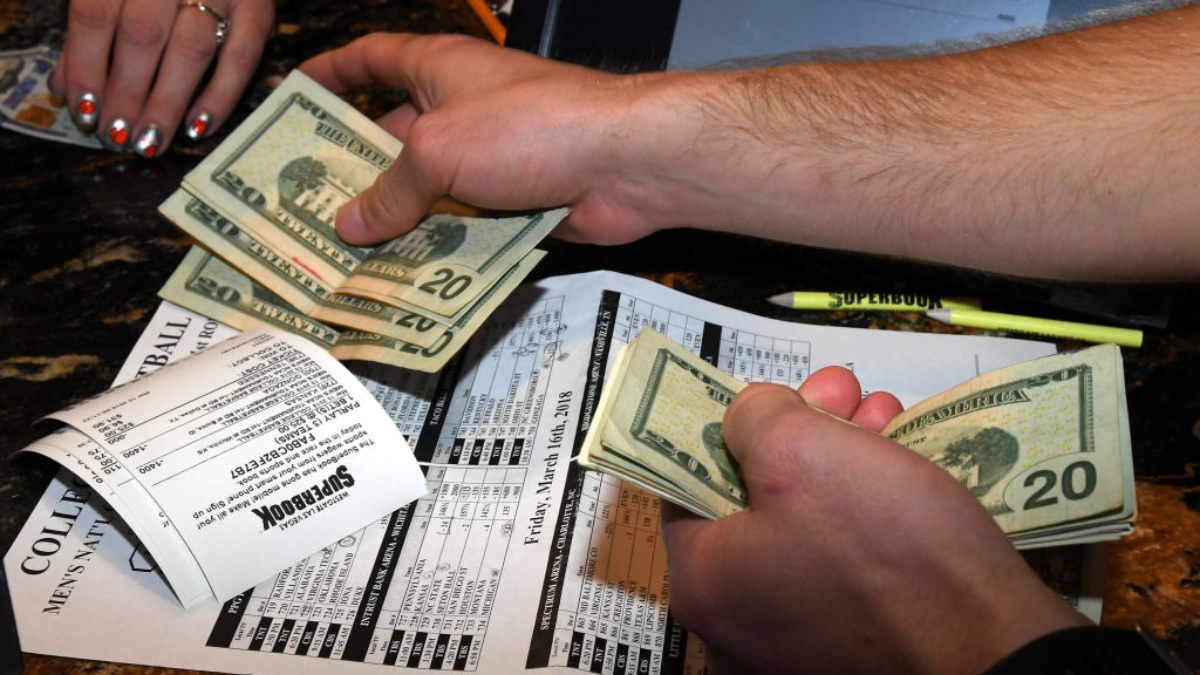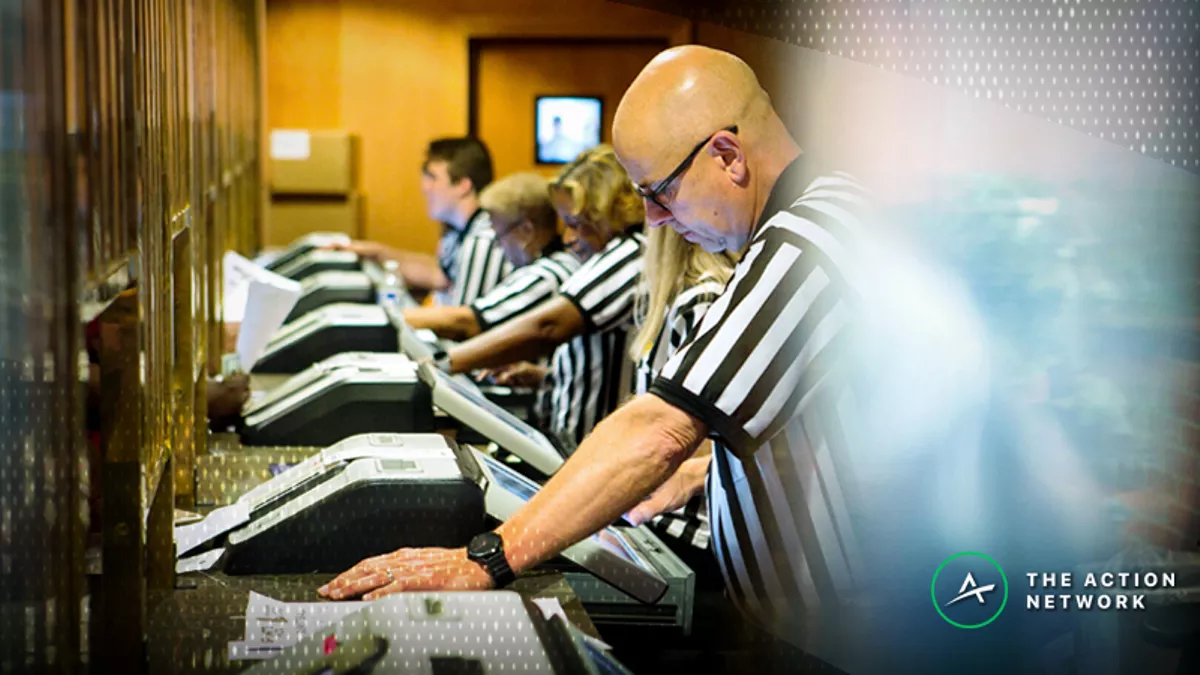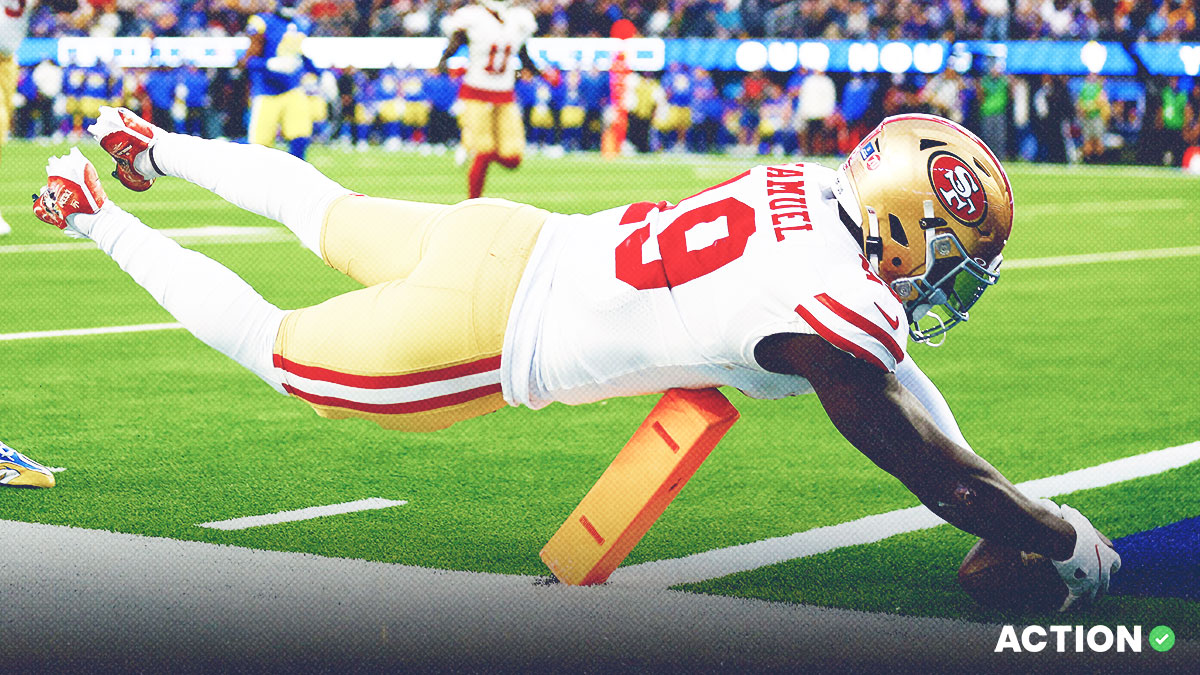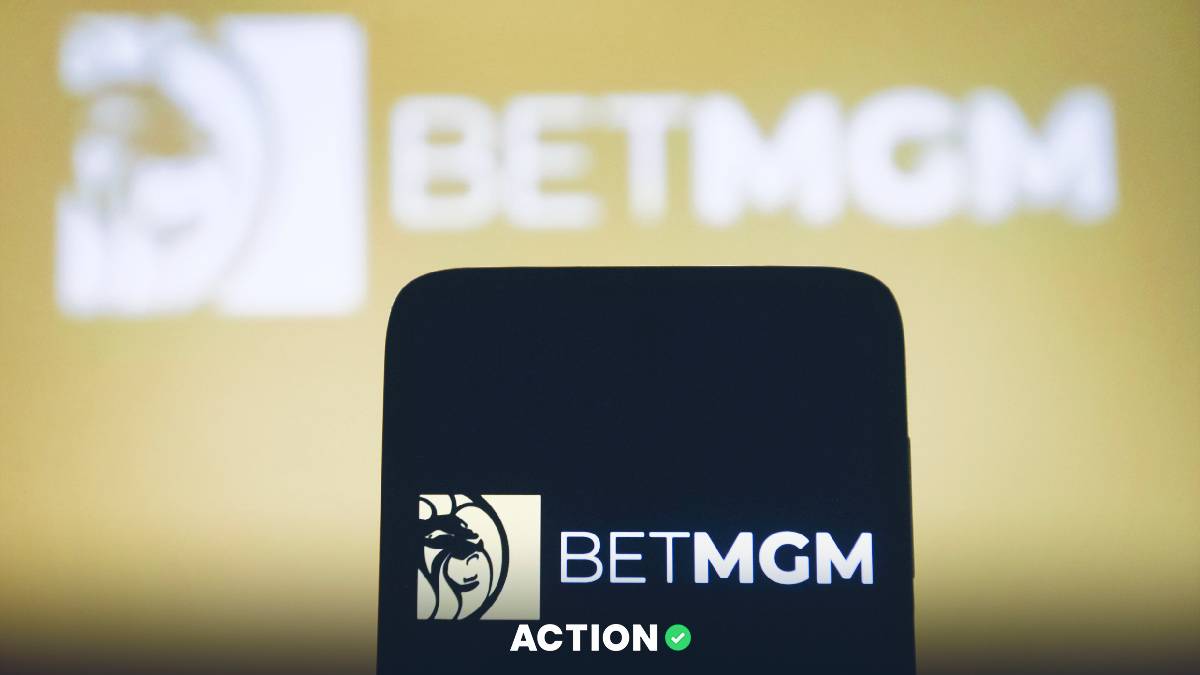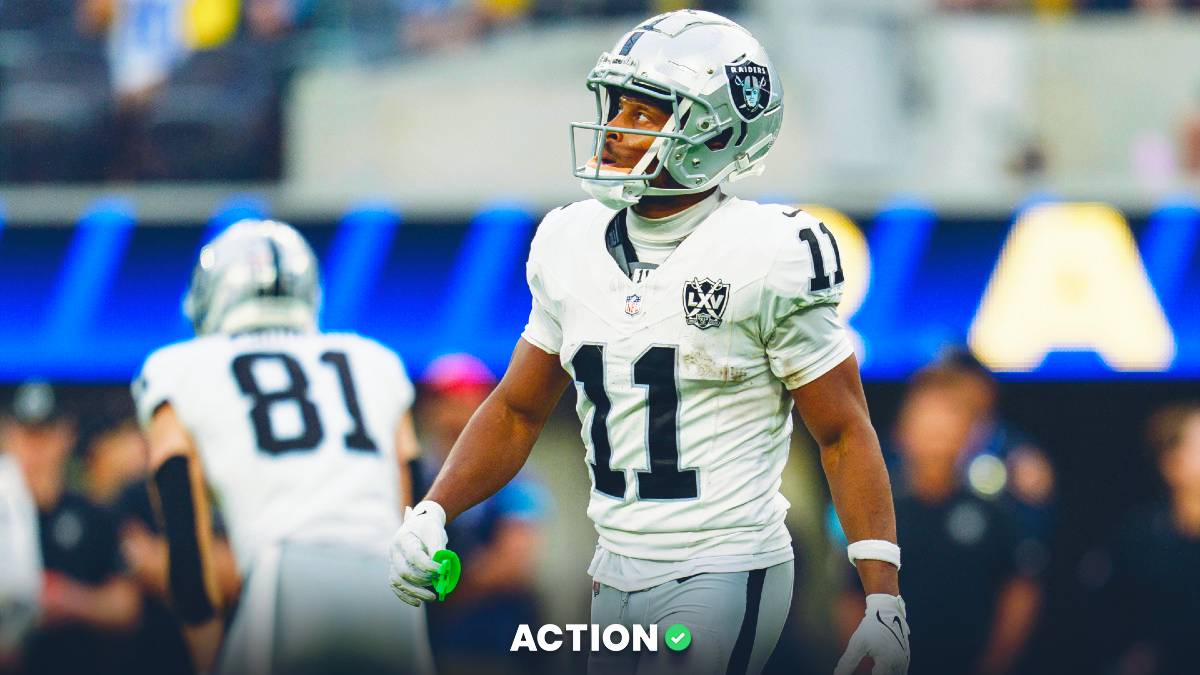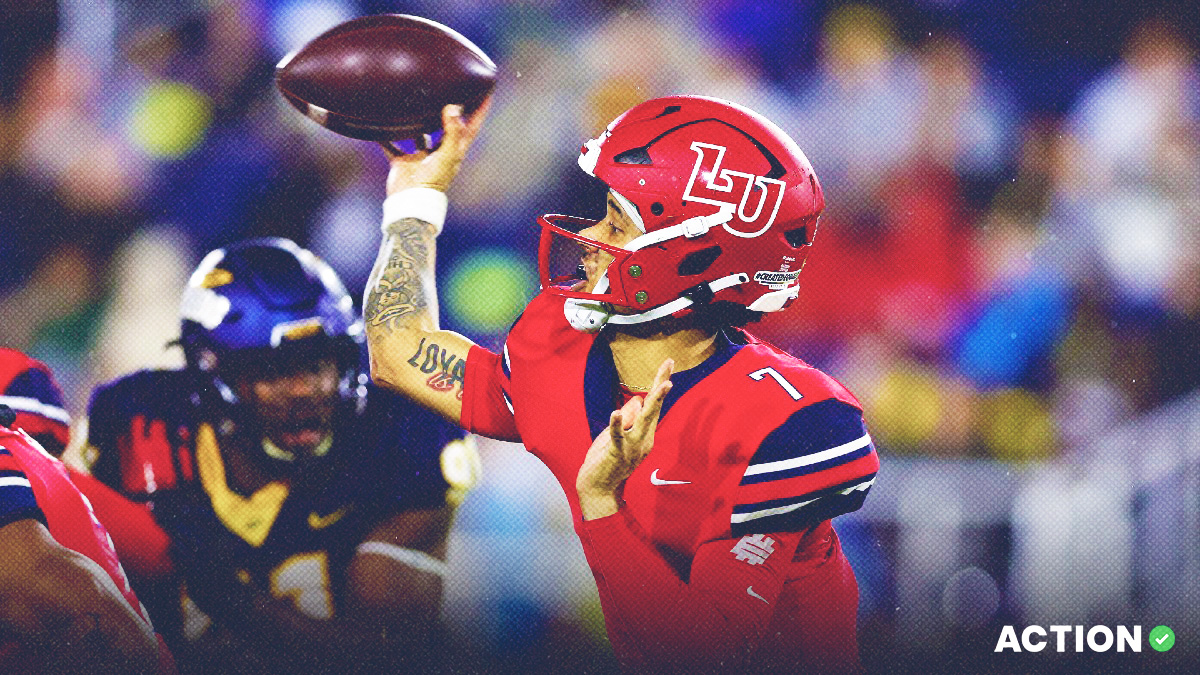This is an open letter to a specific friend of mine. A sports-betting intervention, if you will.
In all honesty, I'm writing this out of a little frustration because it needs to be heard. While the inspiration behind this began with conversations I've had with friends, it also applies to the masses.
Stop betting so many games.
One of the biggest downsides of legalized sports betting is the rush of mainstream media companies to cover it.
Sports betting has a massive audience, so it's easy to understand why mainstream sports media wants to cover it, but the problem is many pundits are vastly unqualified to do so.
Over the weekend, I heard a local Boston-area radio host talking about his against-the-spread (ATS) picks. Recapping his NFL Week 4 results, he referred to going 2-2-1 ATS as a "push" and "breaking even."
He then went on to say that his goal was to be ".500 on the season."
This is what happens when someone who doesn't actually bet is discussing sports betting.
First off, going 2-2-1 isn't a push or breaking even. Because of the vig, it's a loss. Second, a win rate of .500 is a losing season. And third, betting an efficient market like the NFL, you should be able to hit 50% ATS by flipping a coin.
The vig (also referred to as juice) is a commission bettors pay to sportsbooks in order to place wagers.
Assuming standard -110 juice, bettors must hit 52.38% of wagers against the spread to actually break even.
This means recreational bettors need to be disciplined regarding their total number of plays because making more bets with a 50% win rate means more losing.
For example, a bettor who makes 10 wagers and goes 5-5 ATS actually loses 0.45 units due to the vig. On the other hand, a bettor with four total wagers and the same 50% winning percentage loses 0.18 units.
And that's not even addressing the risk of potentially going 1-9 or 2-8 over 10 bets.
Sure, over the long term, average bettors will win 50% of their games, but that's assuming they're also practicing proper money management and will actually be around for the long term.
So before you make your next round of bets, be sure to ask yourself why you're betting those games.
Are you betting because you have an edge? Or are you betting because you want action, it's a big game, you're chasing losses, etc.?
Proper accounting is one of the key differences between winning and losing for long-term bettors. Remember, it's OK to bet only a couple of games. In fact, over the long term, it's sharp.


